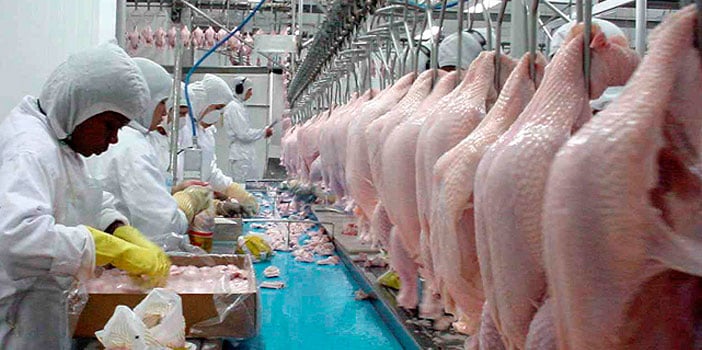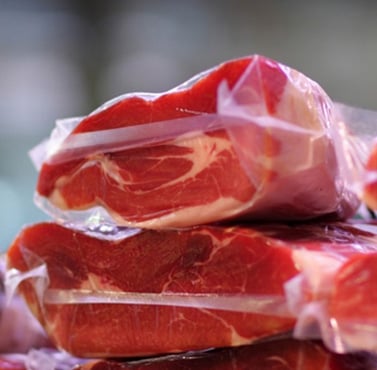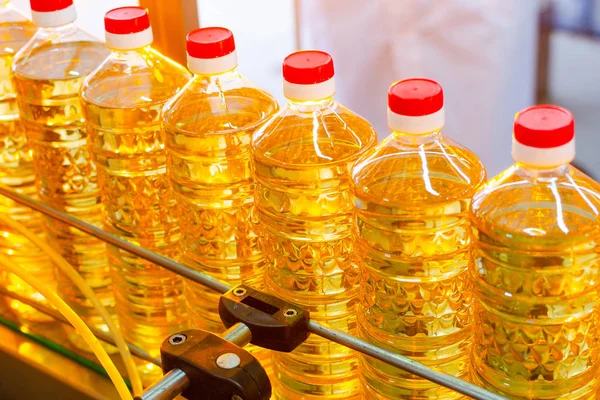![]()
LOS ANGELES/CARLSBAD, Calif., March 19 (Reuters) - President Donald Trump's plan to revive U.S. shipbuilding using steep tariffs on Chinese ships visiting U.S. ports is causing U.S. coal stockpiles to rise and fueling uncertainty in the troubled farm market as exporters struggle to find vessels to ship goods overseas.
Trump is drafting an executive order that would hinge funding on a proposal by the U.S. Trade Representative to impose fines of up to $1.5 million on Chinese-made ships or vessels in fleets that include Chinese-made ships.
Those potential port fees have limited the availability of vessels needed to transport agricultural, energy, mining, construction and manufactured goods to international buyers, according to major U.S. exporters and transportation providers in interviews with Reuters, letters to U.S. officials and comments ahead of USTR hearings next week.
Vessel owners have already declined to provide bids for future U.S. coal shipments due to the USTR's proposed tariffs, Xcoal Energy & Resources CEO Ernie Thrasher said in a letter to U.S. Commerce Department Secretary Howard Lutnick dated March 12 and seen by Reuters.
Enacting and implementing these tariffs could halt U.S. coal exports within 60 days, putting $130 billion in shipments at risk, Thrasher said. He said the tariff structure could add up to $351,000 to the cost of delivering U.S. coal, making it uncompetitive in the global market.
“The direct and indirect job losses would be catastrophic,” said Thrasher, who confirmed the letter was sent but said he had not received a response.
The letter from Pennsylvania coal trader Xcoal and comments from agriculture representatives showing tangible impacts of the proposed tariffs have not been previously reported.
Coal mines in West Virginia are also preparing to lay off miners as unsold coal stockpiles, Chris Hamilton, CEO of the West Virginia Coal Association, told Reuters.
He did not provide details.
The proposed tariffs could also make it harder for the U.S. to export other energy products, such as oil, liquefied natural gas and refined fuels, the American Petroleum Institute, the oil industry's powerful lobbying group, said in comments to the USTR dated March 10.
The USTR proposal also seeks to shift domestic exports to vessels that are both flagged and built in the United States. The current fleet of U.S.-flagged cargo ships numbers fewer than 200, and not all of them are built in the United States.
Very few shipping operators will be able to document that their annual share of U.S. exports meets the required 20% on U.S.-built and U.S.-flagged vessels, shipping association BIMCO said in USTR comments dated March 17.
This could significantly reduce US energy exports – “specifically liquefied natural gas (LNG), as there are no US-built and US-flagged LNG carriers in operation or on order,” said BIMCO, which added that chemical exports could also be severely impacted.
American farmers, already being hurt by retaliatory tariffs from China, Mexico and Canada, are also caught in the crossfire of a dispute over Chinese shipping fees, the American Farm Bureau Federation said.
The inability to secure ocean cargo transportation from May and beyond has restricted their ability to sell bulk U.S. agricultural products such as corn, soybeans and wheat because exporters are unsure what the final cost will be, three U.S. grain export traders told Reuters.
The United States exported more than $64 billion worth of major crops, bulk animal feed and vegetable oils in 2024, according to data from the U.S. Census Bureau. The North American Export Grain Association, which represents agricultural commodity exporters, will participate in next week's hearing.
Bulk agricultural exporters could face an additional $372 million to $930 million in annual transportation costs from the duties, the Farm Bureau said. That would represent a substantial loss of margin in global markets where competitiveness is often determined by mere pennies per bushel.
U.S. agricultural exporters gain an edge over global rivals by leveraging an efficient and cost-effective domestic transportation system to get products to market, said Alexa Combelic, executive director of government affairs for the American Soybean Association.
“When you add costs to this efficient system, it stops being efficient. We no longer have a competitive advantage,” Combelic said.
Reporting by Lisa Baertlein in Los Angeles, Karl Plume in Carlsbad, Calif., Tom Polansek in Chicago and Timothy Gardner in Washington; Editing by Richard Chang





